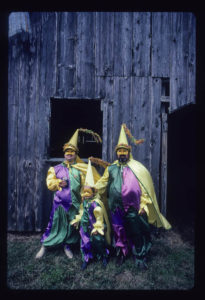History
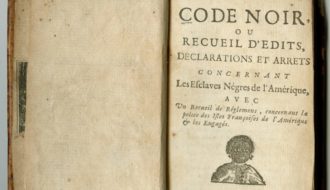
Code Noir of Louisiana
The 1724 Code Noir of Louisiana was a means to control the behaviors of Africans, Native Americans, and free people of color.

The 1724 Code Noir of Louisiana was a means to control the behaviors of Africans, Native Americans, and free people of color.
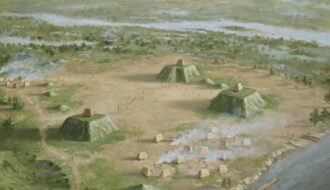
Once covering most of Louisiana, the Coles Creek culture is known for its distinctive ceremonial mound sites.
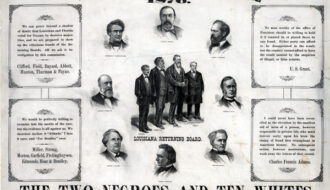
The Compromise of 1877 refers to an unwritten deal that settled the disputed 1876 US presidential election and ended congressional Reconstruction.
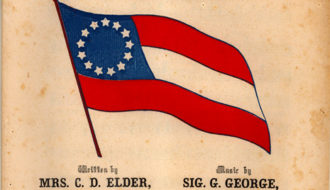
As a member of the Confederate States of America, Louisiana provided soldiers who fought outside the state.

People have long advocated for the removal of monuments to the Confederacy and white supremacy. State and local governments have removed hundreds of monuments in recent years.

More than 50,000 white men from Louisiana shouldered arms for the Confederacy.
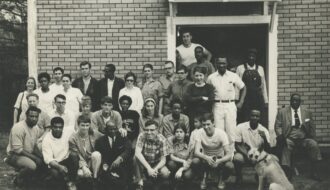
Between 1960 and 1967 the Congress of Racial Equality (CORE) played a key role in Louisiana’s Black freedom struggle.

Children's literature about Louisiana tends to focus on the state's unique culture and locations.

Convict leasing was a system of penal labor instituted in the American South after the emancipation of slaves by the Thirteenth Amendment to the United States Constitution in 1865, involving the leasing out of prisoners to private companies.
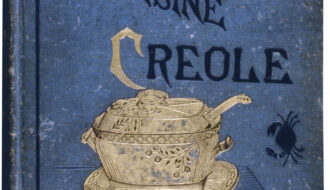
Beginning in the mid-nineteenth century, several Louisiana cookbooks collected the diverse cooking styles of Creole New Orleanians. Crescent City cookbooks continued to represent Louisiana throughout the next century.
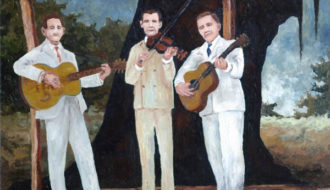
Country music in Louisiana grew out of folk traditions of white rural southerners and includes rockabilly and Cajun music as subgenres.
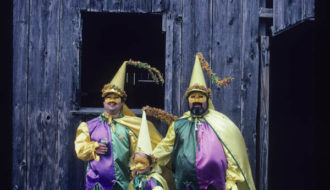
The courir de Mardi Gras is the rural celebration of Mardi Gras in Louisiana, usually held in Cajun communities
One-Year Subscription (4 issues) : $25.00
Two-Year Subscription (8 issues) : $40.00
